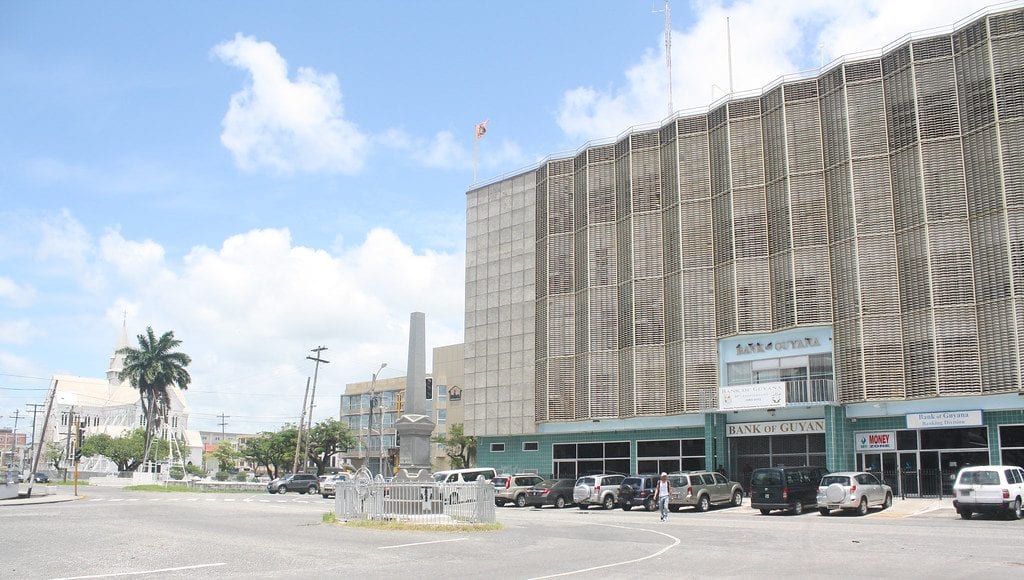The recently published article by Nasdaq on the five fastest growing economies in the world, from which Guyana has been highlighted as the number one ranked economy to grow the fastest in the coming years with a projected growth rate of 16.3% during the four-year period 2018-2021, “leaves much to be desired from a developmental economic prospective.” So says Guyanese Economist, Bobby Gossai Jr., speaking in his weekly OilNOW Column – Energy Journal – published on Sunday, June 30.
The Nasdaq article noted that with a GDP size of $3.63 billion (2018 Rank: 160), a growth rate of 4.1% in 2018 and 4.6% in 2019, Guyana’s economy is expected to grow by 33.5% and 22.9% in 2020 and 2021 respectively.
However, Gossai Jr., who is the former CEO of the Guyana Oil and Gas Association (GOGA), said this level of projected growth will not show the real economic value and status of the country’s level of well-being.
“As an economist, this is a good indicator which gives a nice pictorial representation of a forecasted economic model, but the GDP is a limited indicator of real effective and inclusive growth, and as an indicator of improvements in the well-being of a country,” he stated.
Gossai Jr. pointed out that American Economist, Joseph Stiglitz, has noted that ‘what we measure affects what we do. If we focus only on material well-being – on, say, the production of goods, rather than on health, education, and the environment – we become distorted in the same way that these measures are distorted; we become more materialistic.’
“For Guyana, a projected growth rate does not illustrate a true and fair view for our emerging economy,” Gossai Jr. said, adding, For Guyana, we must look beyond GDP to show indicators that are as clear and appealing as GDP, but more inclusive of environmental and social aspects of progress.”
He said economic indicators such as GDP were never designed to be comprehensive measures of prosperity and well-being. “In the next five years Guyana needs adequate indicators to address its challenges of an emerging oil producing economy such as climate change, poverty, resource depletion, health and quality of life. Therefore, as a nation we must not become over-reliance on GDP as the yardstick of economic performance, since that can mislead policy makers during the economic cycle of an evolving economy.”
Hence, concentrating on the wrong indicators could misguide a government to make inadequate policy choices, Gossai Jr. said, with severe and long-lasting consequences for many people. “While GDP is the most well-known, and most powerful economic indicator, it can’t tell us everything we need to know about the health of countries and societies. In fact, it can’t even tell us everything we need to know about economic performance. Thus, the future dashboards of indicators for Guyana must reveal who is benefiting from growth, whether that growth is environmentally sustainable, how people feel about their lives, what factors contribute to an individual’s or a country’s success.”
In addition to having served as the CEO of GOGA, Gossai Jr.’s professional experience includes being the senior policy analyst and advisor at Guyana’s Ministry of Natural Resources, senior analyst at the Ministry of Agriculture, economist at the National Competitiveness Strategy Unit and a national accounts statistician at the Bureau of Statistics.
Gossai, Jr. recently completed his MSc (Econ) in Petroleum, Energy Economics and Finance from the University of Aberdeen and is currently pursuing a PhD in Economics [Petroleum, Energy, Finance] at the same institution.
Read the full column HERE



